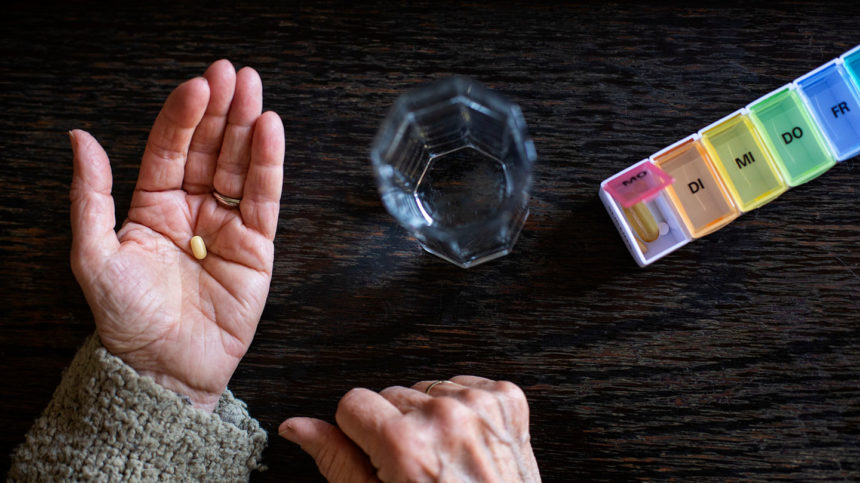
Older adults who need long-term care are often on multiple medications, which may include potentially inappropriate ones, depending on the setting where they receive care, a new study finds.
Polypharmacy and potentially inappropriate medications (PIMs) are often seen in older adults who require long-term care. Both are prominent in people with comorbidities and at multiple consulting institutions as well, according to the report published Wednesday in BMC Geriatrics.
In the study, polypharmacy was defined as having prescriptions for five or more medicines.
Researchers evaluated long-term care and insurance claims data from April 2018 through March 2019. They included over 67,000 adults who were 65 and older and who used long-term care services. The median age of those studied was 87. All of the people were from Japan, a country that has universal health insurance.
The team counted the number of drugs as well as the number of PIMs the people were on for at least 14 days.
The median number of total prescribed medications was seven, and an average of one of them was considered a PIM. In total, 66.5% of participants had at least one PIM. The main PIMs trending were loop diuretics/aldosterone antagonists, proton pump inhibitors, benzodiazepines/similar hypnotics, and nonsteroidal anti-inflammatory drugs.
Patients requiring a lower level of care, those in nursing homes, people in short-stay services, and those in senior day care weren’t associated with polypharmacy and PIMs. Home visits nursing staff and doctors were more strongly associated with polypharmacy but not with PIMs, the data showed.
“Our study revealed a significant correlation between the number of medical institutions visited and the total number of medications and PIMs. Careful consideration of the advantages and disadvantages of a free-access system and the need for gatekeepers to oversee patient prescriptions may be necessary,” the authors wrote.




